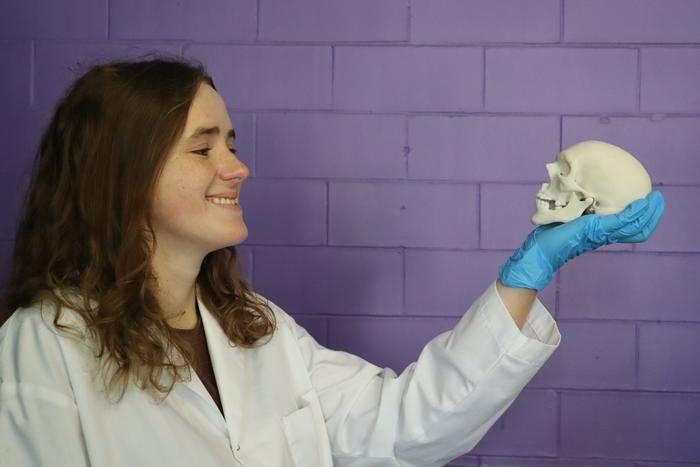A new antibody fights bone metastases which are the major limitation of cancer treatments. An antibody directed against the protein which induces the installation of metastasis in the bone has been developed.

The research wanted to understand how tumor cells and bone cells communicate with each other via molecular signaling means. Previous laboratory work had shown that a molecule called “Jagged1” was an essential element of this bidirectional relationship between these cells while facilitating the installation of bone metastasis.
An anti-Jagged1 antibody
The expression of “Jagged1” on the surface of bone cells, osteoblasts, is increased during chemotherapy. This is a way that cancer cells escape chemotherapy.
It is now possible to reduce the risk of bone metastases by using an antibody called “15D11” which targets and blocks the “Jagged1” protein and therefore limits bone metastasis. Researchers at Princeton University have demonstrated this in a study published in the journal Cancer Cell.
In the experiments carried out by Prof. Yibin Kang’s team, the mice having a treatment that combines antibodies and chemotherapy remained in good health. Indeed, the tumor burden in the bone has decreased by more than 100 times with the combination treatment.
Towards human trials
“Jagged1” works at the level of osteoblasts by protecting tumor cells in the bones. In this context, 15D11 is specifically intended to target “Jagged1” because the antibody allows chemotherapy to continue to fight cancer.
The team hopes to be able to quickly obtain clearance for human trials. Since the antibody is 100% humanized, the next step is to conduct clinical trials in patients.
“This work represents an important step forward for medical research, according to Professor Russell S. Taichman of the University of Michigan. The development of a new therapeutic target (Jagged1), useful in sick people, may change the clinical outlook for patients with early disease as well as for those with diffuse metastases ”.
.















